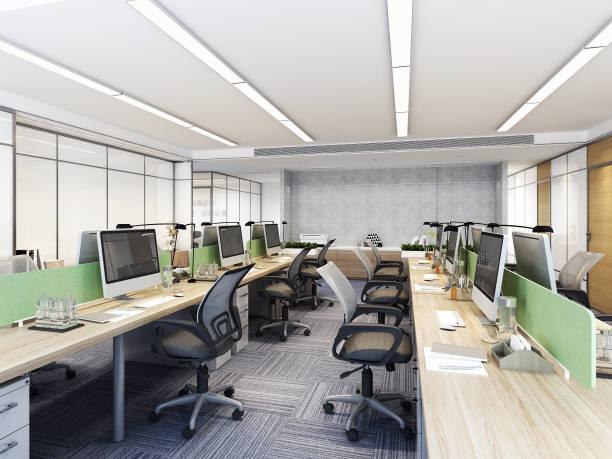In the dynamic landscape of office environments, the humble office table has undergone a remarkable evolution, transcending its mere functional purpose to become a symbolic representation of workplace culture. Nowhere is this evolution more apparent than in the Philippines, where the intersection of tradition, innovation, and cultural influences has shaped the way office tables are perceived and utilized.
Office Table: The Origins
The story of office tables in the Philippines begins with their functional necessity. In the early days of office setups, tables served as basic workstations, providing employees with a surface to write, type, and organize documents office table. These tables were often utilitarian in design, constructed from sturdy materials like wood or metal, prioritizing durability over aesthetics.
During this era, the workplace culture in the Philippines mirrored global trends, emphasizing efficiency and productivity. Office tables were seen primarily as tools to facilitate work, with little consideration given to their design or symbolism. However, as the Filipino workforce evolved and workplaces became more diverse, the role of office tables began to change.
Cultural Influences: Blending Tradition with Modernity
The Philippines is a country rich in cultural heritage, where traditions and customs are deeply ingrained in society. This cultural tapestry has significantly influenced the evolution of office tables, as businesses strive to strike a balance between tradition and modernity.
One notable influence is the concept of benihana, a Filipino custom emphasizing communal unity and cooperation. In many workplaces, this spirit of benihana is reflected in collaborative workspaces, where office tables are arranged in open layouts to encourage teamwork and interaction among employees reception desk. These communal tables serve as focal points for brainstorming sessions, team meetings, and collaborative projects, fostering a sense of camaraderie and shared purpose among colleagues.
Moreover, the Filipino value of hospitality extends to the workplace, where office tables often double as spaces for social gatherings and celebrations. Whether it’s a birthday party, a farewell send-off, or a holiday fiesta, office tables become the centerpiece of office festivities, symbolizing camaraderie and inclusivity within the workplace culture.
Innovation and Adaptation: Shaping the Modern Workplace
In recent years, technological advancements and changing work dynamics have spurred further evolution in office table design and functionality. With the rise of remote work and flexible schedules, office tables have adapted to accommodate diverse workstyles and ergonomic needs.
Standing desks, for example, have gained popularity as a solution to sedentary work habits, promoting better posture and increased movement throughout the workday office table price philippines. In the Philippines, where the office culture values employee well-being and work-life balance, standing desks have become a symbol of progressive workplace practices, signaling an organization’s commitment to employee health and productivity.
Furthermore, the integration of technology into office tables has transformed them into multifunctional hubs equipped with built-in charging ports, cable management systems, and even wireless connectivity. These smart tables not only enhance productivity by streamlining workflow processes but also reflect the Philippines’ embrace of innovation and digitalization in the workplace.
Symbol of Workplace Culture: Reflecting Values and Identity
Today, office tables in the Philippines serve as more than just functional workstations; they are tangible expressions of workplace culture, reflecting the values, identity, and aspirations of organizations and their employees.
For many Filipino companies, the design and arrangement of office tables convey a sense of hierarchy and organizational structure. Executive desks, often larger and more ornate, command respect and authority, while communal tables in shared workspaces signify egalitarianism and inclusivity filing cabinet. By strategically positioning office tables within the workspace, organizations can communicate their values and foster a sense of belonging among employees.
Moreover, the customization of office tables with personalized decorations, plants, and mementos adds a layer of individuality to the workplace environment. From family photos to inspirational quotes, these personal touches transform office tables into extensions of employees’ personalities, creating a more inviting and personalized workspace.
Conclusion: The Evolution Continues
In the Philippines, the evolution of office tables from functional necessities to symbols of workplace culture reflects the dynamic interplay of tradition, innovation, and cultural influences. As workplaces continue to evolve in response to changing technologies and societal norms, the role of office tables will undoubtedly continue to adapt and transform.
Whether it’s fostering collaboration, promoting well-being, or expressing organizational values, office tables in the Philippines serve as powerful symbols of the evolving nature of work and the rich tapestry of Filipino culture. As we look to the future, one thing remains certain: the story of office tables is far from over, and their evolution will continue to shape the way we work and interact in the years to come.

